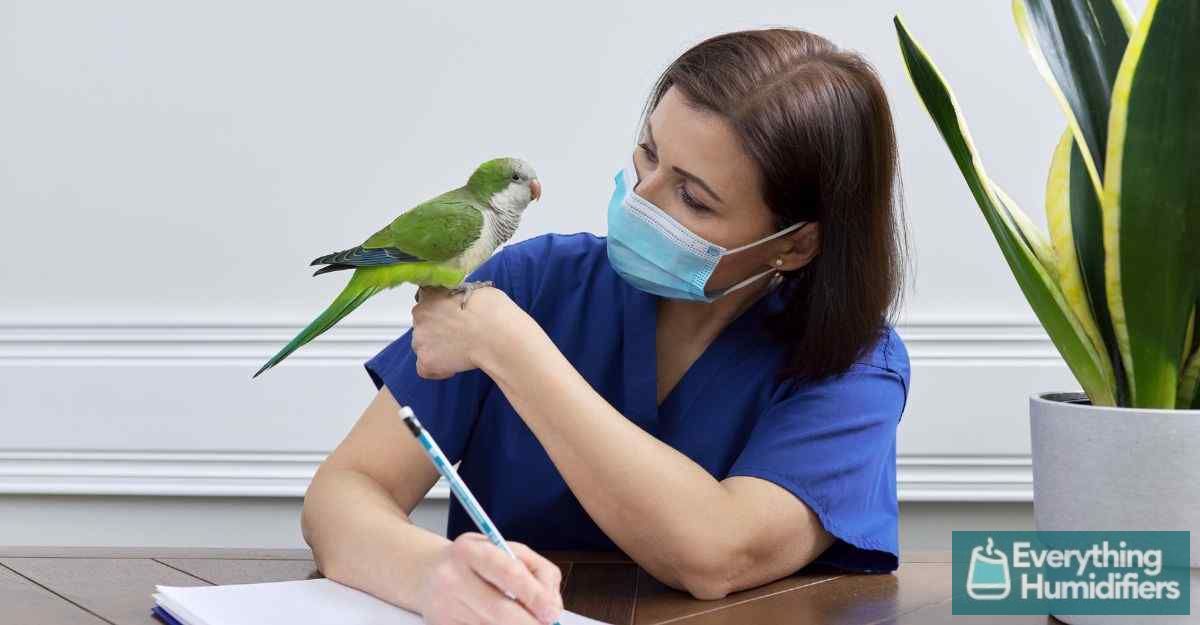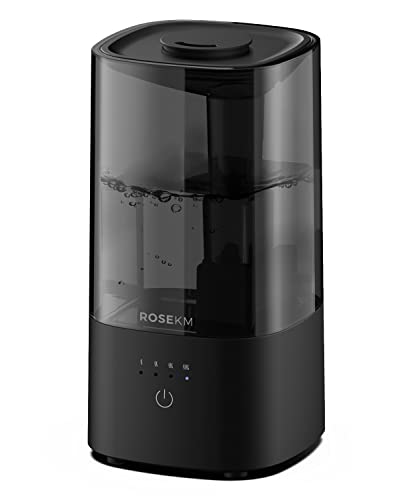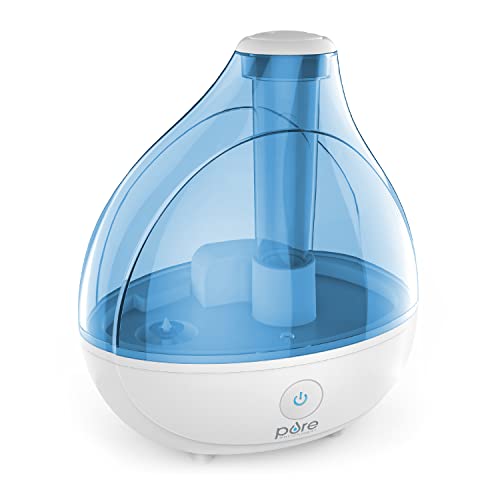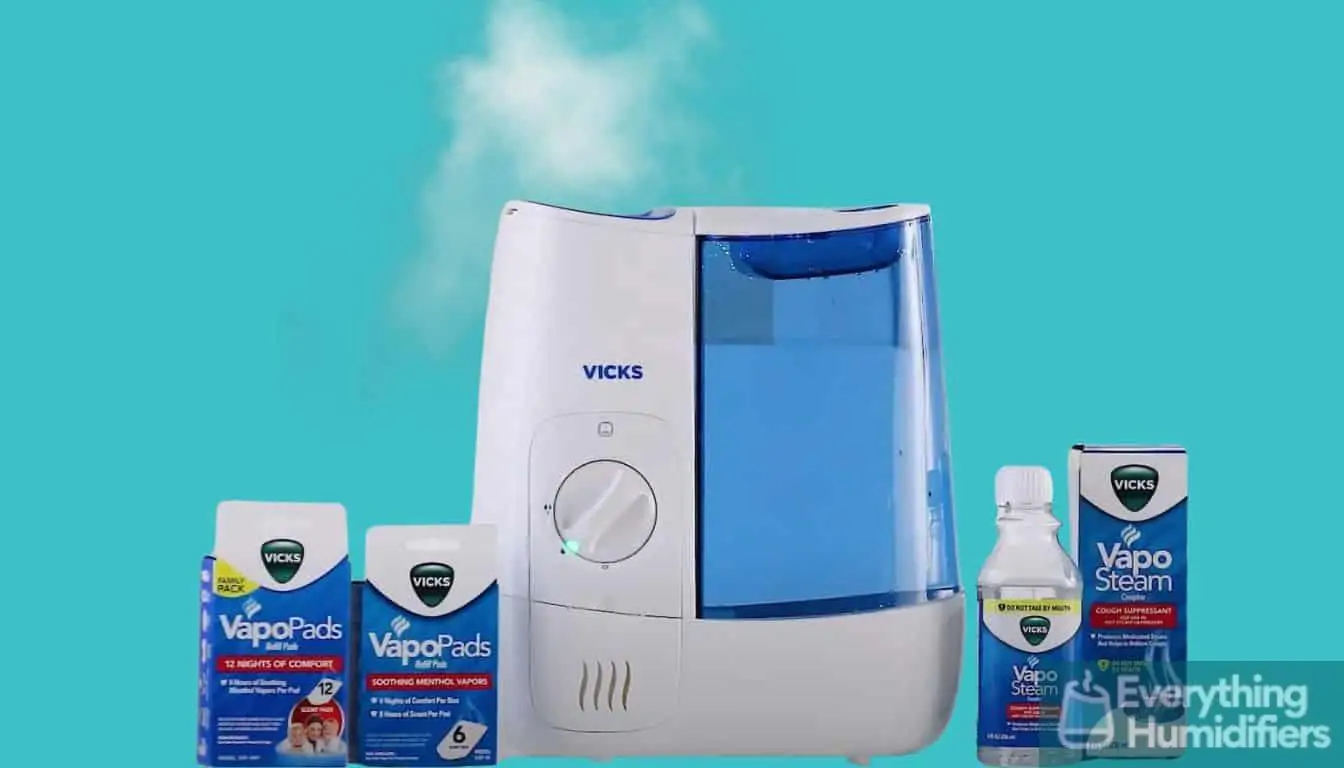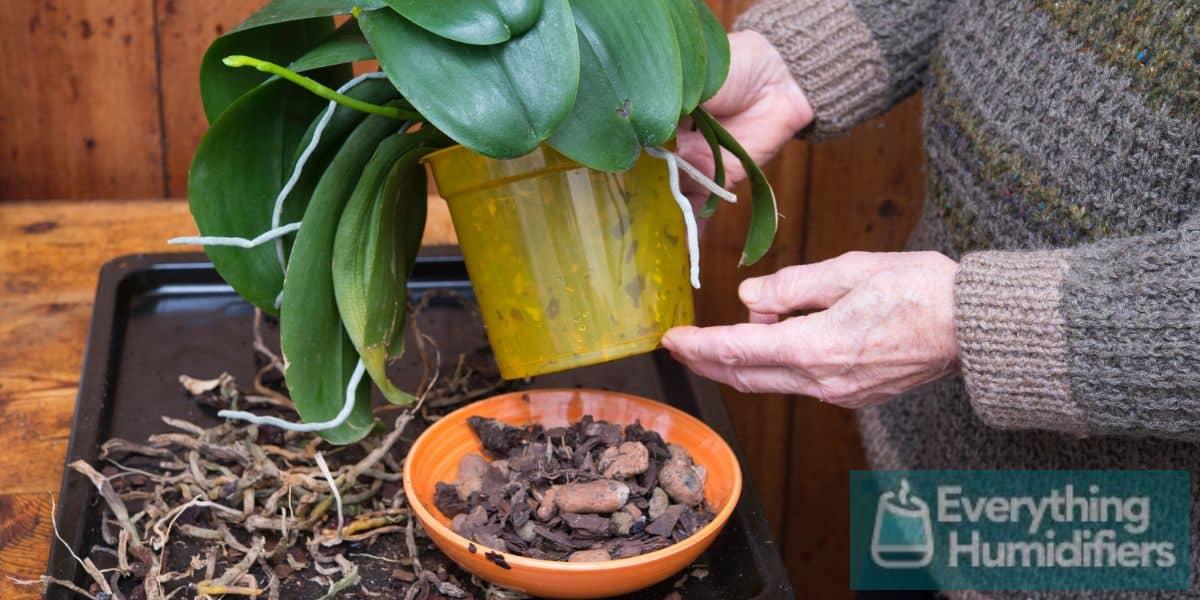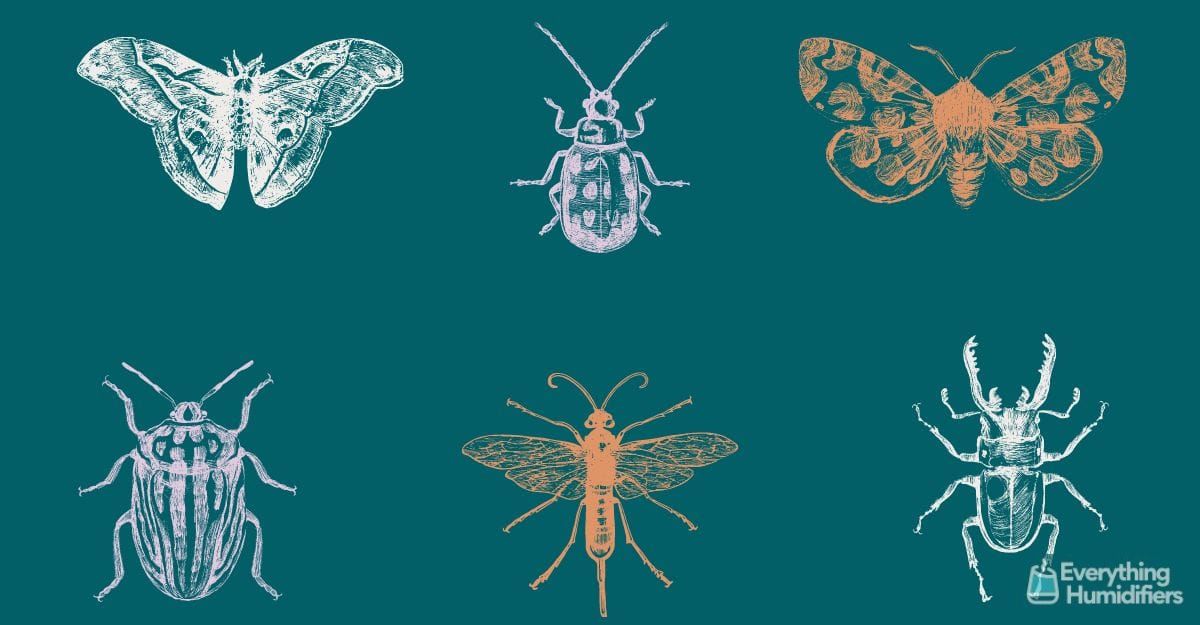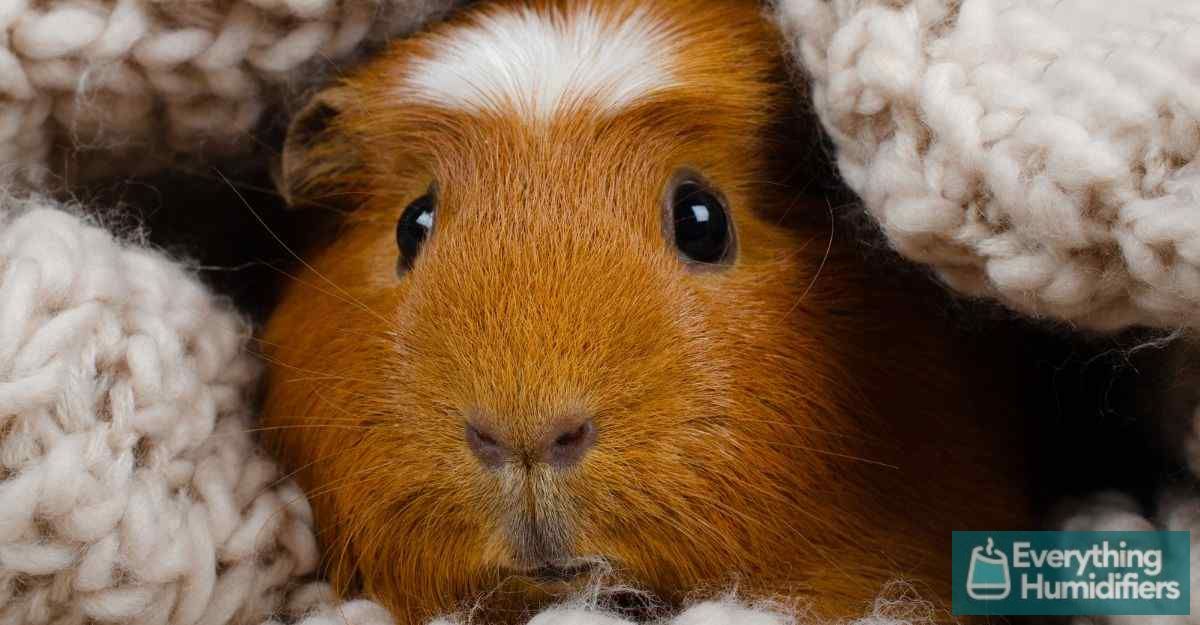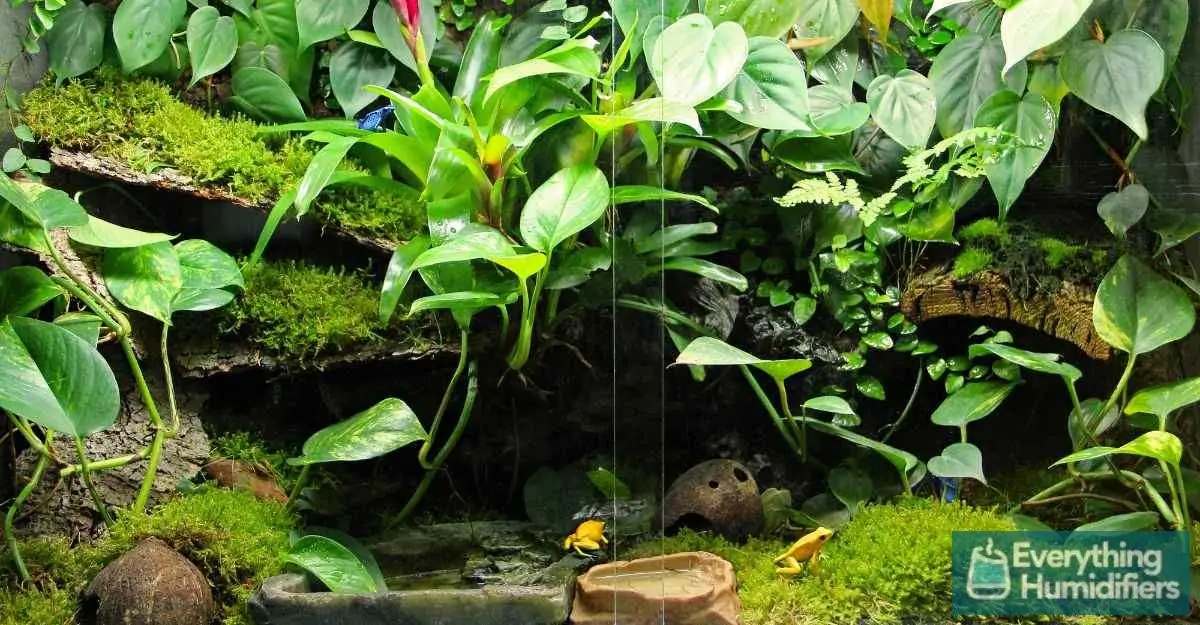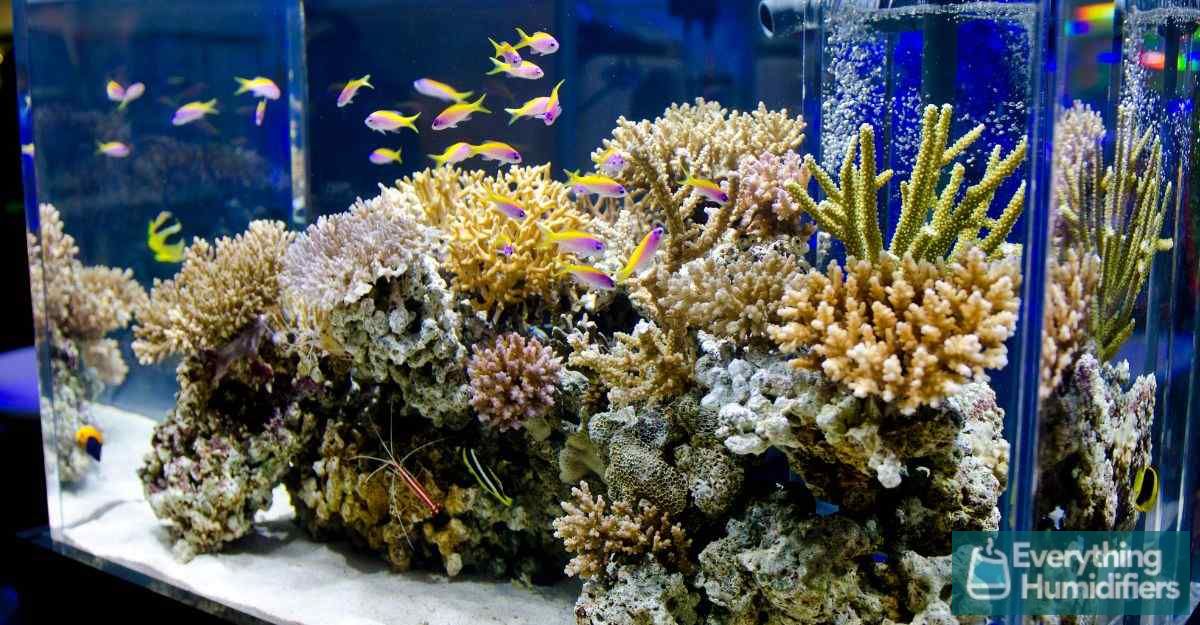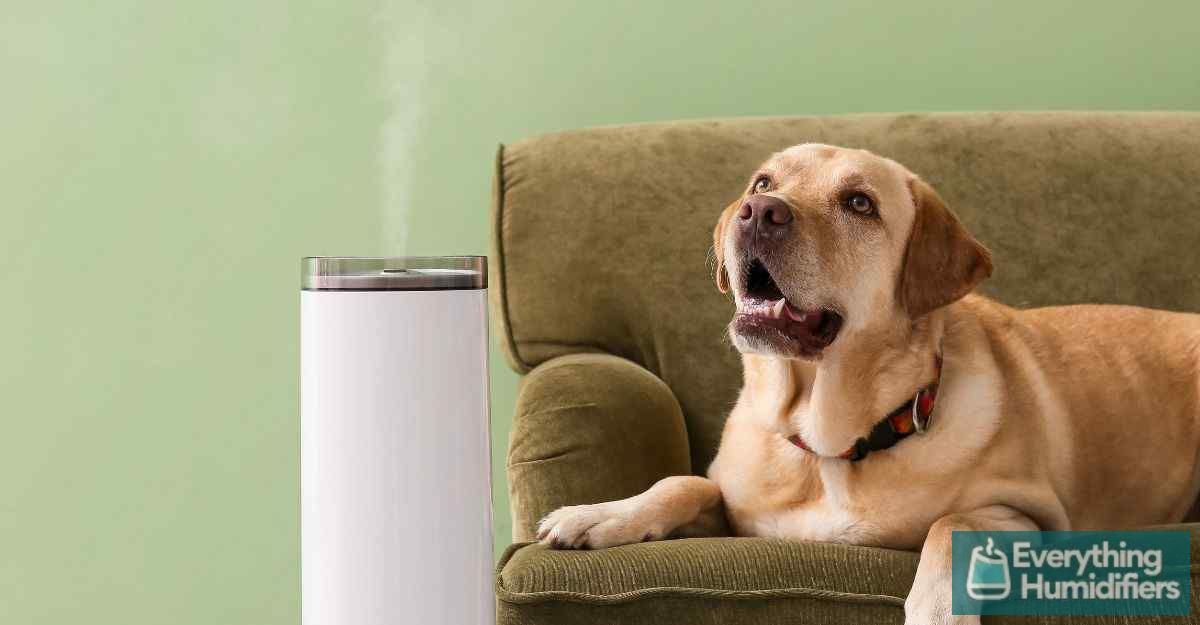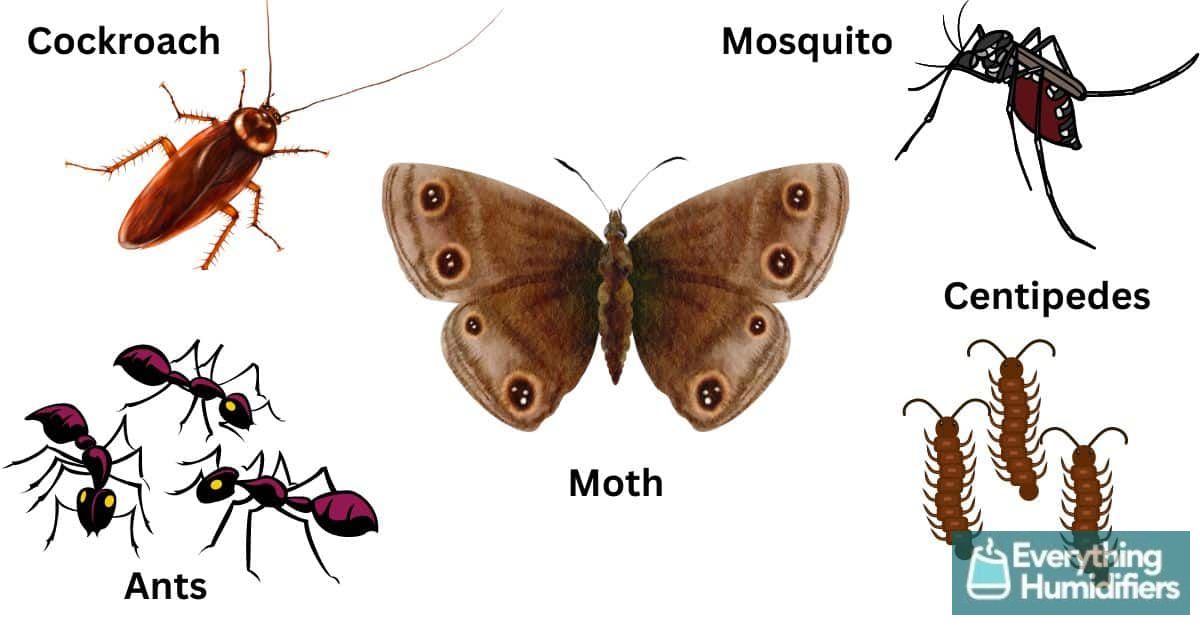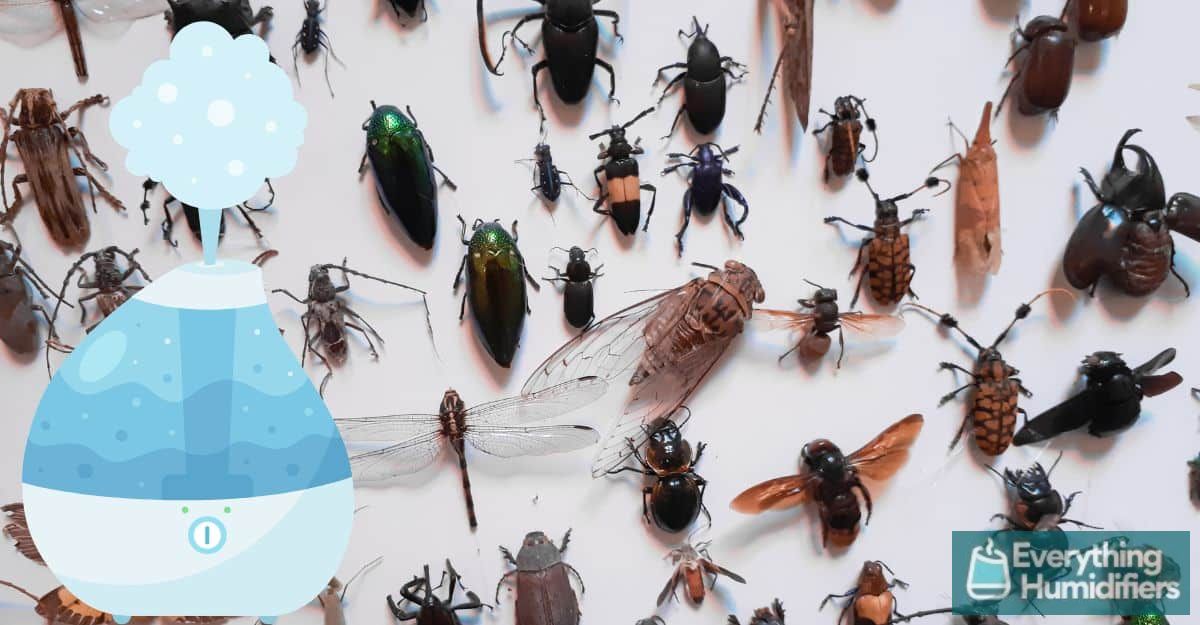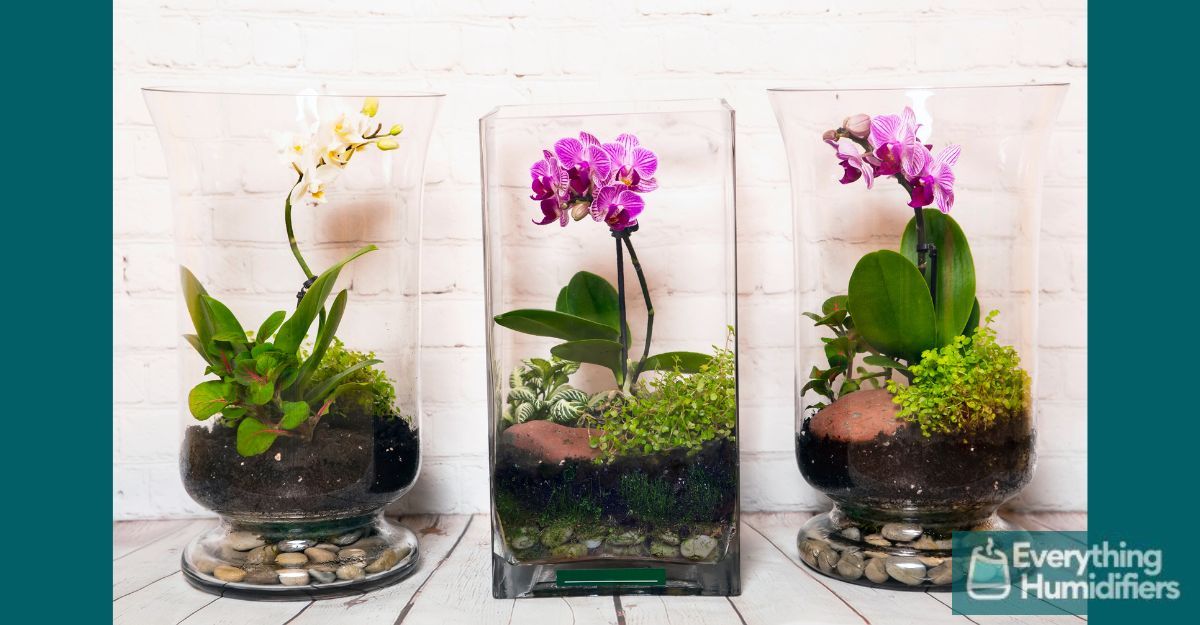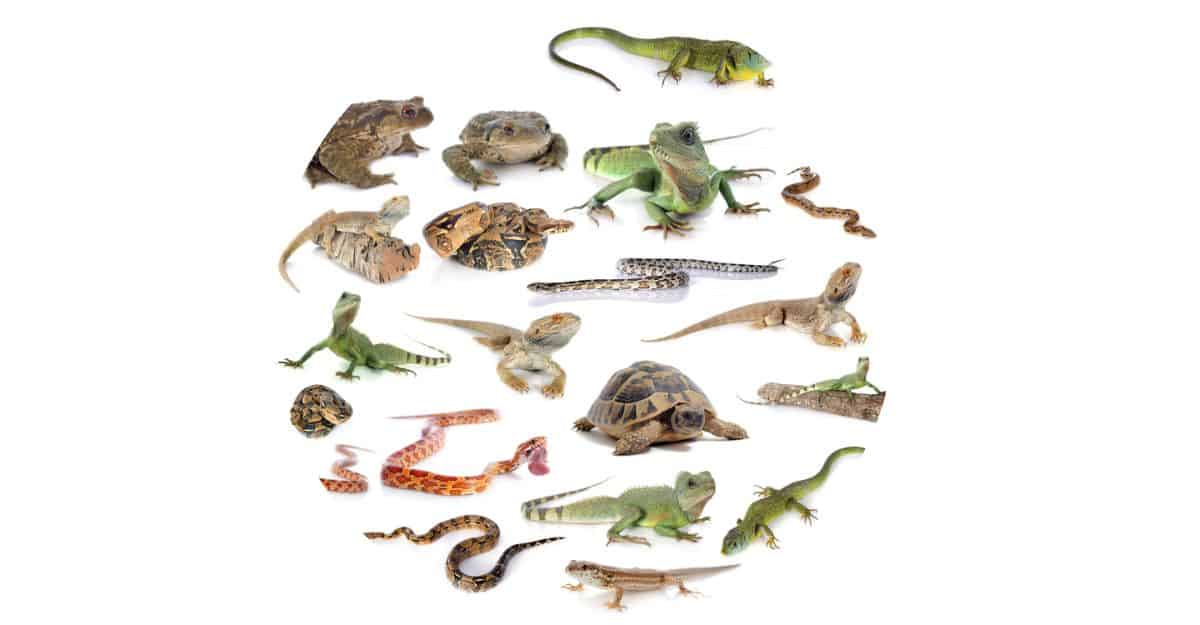As a bird owner, creating the best living conditions for your feathered friends is essential. One vital aspect is humidity.
Many exotic birds in tropical regions have frequent rain and are more humid than your average household.
Birds require a certain level of humidity in their environment for respiratory health. They also need moisture to ensure that their feathers don’t dry out.
Molting is a natural process that can be negatively affected by low humidity.
A humidifier will enable you to regulate moisture levels to suit your pet bird best.
In this article, we will explore the question – Are humidifiers good for birds?
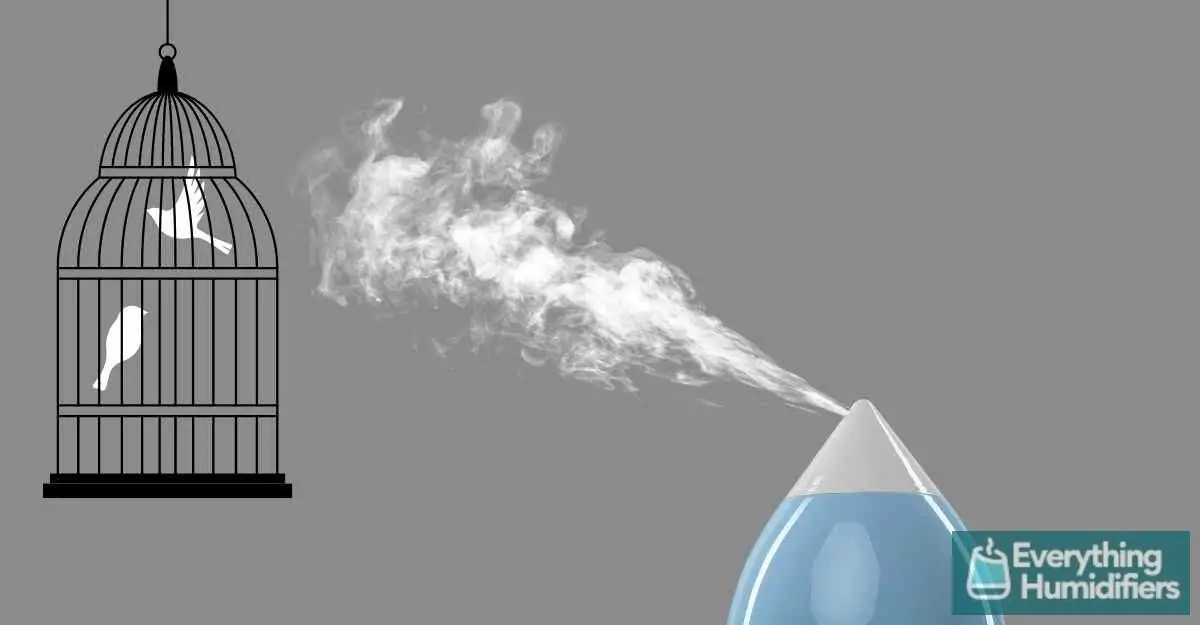
How can a humidifier benefit your bird?
Using a humidifier for your bird can help improve its well-being and prevent stress. Here are some benefits:
Helps it to regulate body temperature
Birds are endothermic animals. This means they can regulate their body temperature internally by controlling blood flow to the skin. When the air is dry and hot, birds can increase blood flow to their skin to increase heat loss through radiation and convection.
However, in high humidity conditions, birds reduce blood flow to their skin to minimize heat loss.
Keeping the humidity constant helps birds avoid excess high or low conditions.
Prevents dehydration
In hot and dry conditions, birds can lose too much water through evaporation, dehydrating them. A humidifier helps birds to retain moisture in their bodies, helping them stay cool and hydrated.
Promotes healthy respiratory system function
Dry air can cause dehydration of the airways, making it difficult for birds to breathe. A humidifier adds water vapor to the air, which helps to keep the airways moist.
Prevents dry skin and feathers
Dry air causes feathers to become brittle and prone to breakage. Feathers can fall out, creating patches that can be painful if scratched and become infected.
Aids in the molting process
Molting is the natural process whereby old feathers are shed and new feathers are grown. Molting, requires energy and excessive low humidity reduces a bird’s energy as they try to stay warm.
When the air is moist, molting is more comfortable, and new feathers are soft and supple. You can read this article from The Cornell Lab to learn more about molting.
Reduces the risk of respiratory infections
Many allergens, microorganisms, viruses, and bacteria flourish in dry air and can cause bird infections. Maintaining good humidity levels can minimize the risk of infection and provide a safer environment.
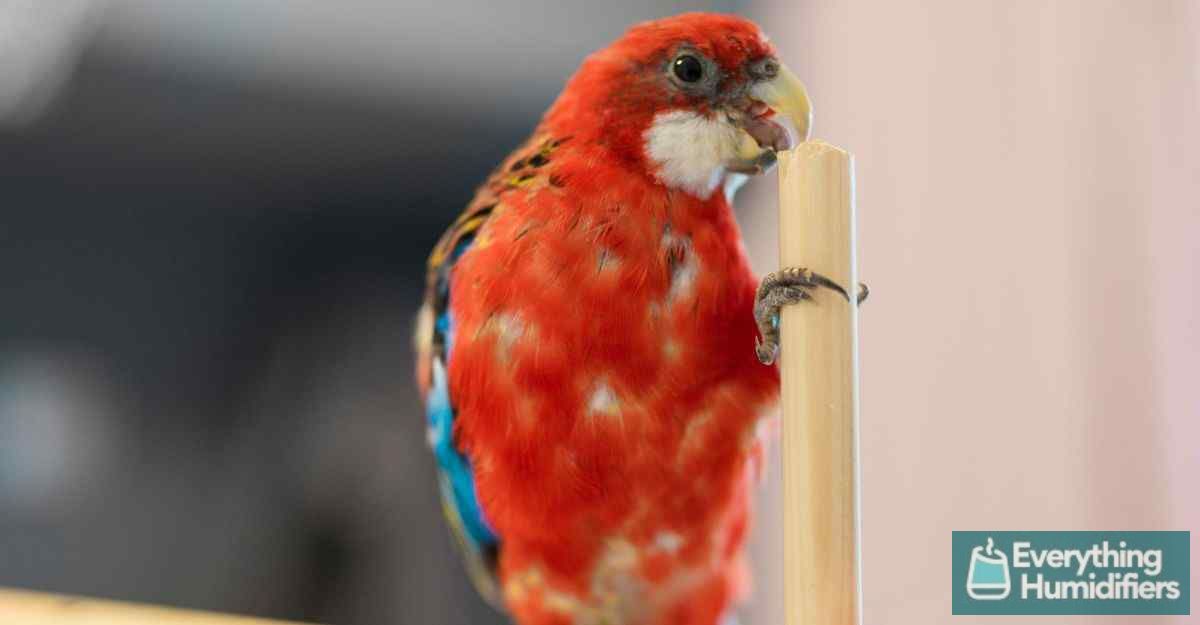
Can Low Humidity Affect a Bird’s Health?
Low humidity levels can lead to health problems for birds. Common signs are
- Cracked or flaky skin
- Difficulty breathing or labored breathing
- Sneezing or wheezing
- Feather plucking or excessive preening
Some birds also have dander that can be an allergen for other birds or humans. Providing a humid environment will help minimize the allergens.
Humidity Levels
Different stages of a bird’s life may require different humidity levels. This article refers to a healthy adult bird.
For the incubation of eggs or sick birds, we recommend you contact an Avian veterinarian for advice or seek advice from experienced bird owners.
According to the EPA, the optimal indoor humidity level is between 30 and 50%.
An average of 40 to 60% will keep most indoor birds happy. Any higher and there is a risk of mold and mildew developing.
If you have an aviary outside and live in a humid environment, that may work best for birds that require humidity greater than 55%.
Several bird owners I know have used 45% as a baseline and noticed apparent changes. Start with a safe humidity level, see how your bird and family adapt, and go from there. Sometimes a slight increase is all that’s required.
Parrots that prefer higher humidity include:
- African Grey
- Amazon Parrot
- Cockatoo
- Cockatiel
- Eclectus Parrot
- Lovebird
- Macaw
- Parakeet (budgerigar)
- Quaker Parrot
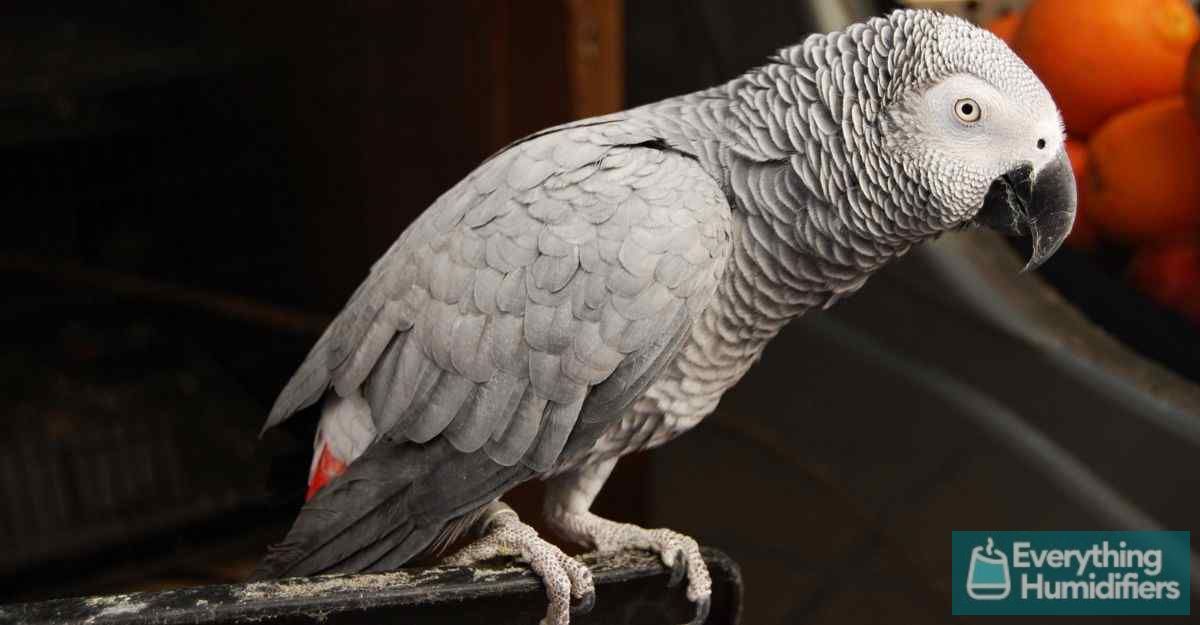
What Types of Humidifiers are Safe for Birds?
Not all humidifiers are safe to use around birds. Choosing a humidifier that is safe for their respiratory health is vital. Here are some types of humidifiers that are safe for birds.
Cool mist humidifiers
A Cool-mist humidifier releases a cool mist into the air, which can help alleviate dry air symptoms. The main ones used are ultrasonic and evaporative humidifiers.
You can choose a humidifier with an inbuilt hygrometer with automatic settings so the machine will turn off when your desired humidity level is reached.
Ultrasonic humidifiers
These devices use high-frequency vibrations producing a fine mist that adds moisture to the air.
Evaporative humidifiers
These utilize a fan to blow air through a wet wick, which evaporates water and increases humidity levels.
Humidifiers that are NOT safe for birds are:
Warm-mist humidifiers
These devices use hot water and be dangerous if they are touched, topple over, or if the bird comes into contact with the steam.
Risks associated with using a humidifier for birds
While the benefits outweigh the risks, care must be taken to ensure you use your humidifier safely. Here are some considerations to keep in mind.
Over-humidification
Over-use of an ultrasonic humidifier will create too much water vapor in the air. This can encourage mold and bacterial growth around your bird.
Obtaining a humidifier with automatic regulation will stop humidifying at the humidity level you set, avoiding over-humidification.
Improper cleaning
The combination of warmth and water encourages bacteria or mold growth in the humidifier water tank. These can transfer to your bird through the mist of a dirty humidifier and make them sick.
Clean your humidifier regularly to prevent this. Read our article on How To Clean Your Home Humidifier.
Mineral build-up in the air
Tap water contains minerals that build up in the tank and can be dispelled into the air. A layer of fine white dust will settle around the area of the humidifier if you have water containing a lot of minerals.
Using cooled boiled water or distilled water will resolve the problem.
Using an evaporative humidifier will lessen the impact if your water is particularly heavy in minerals – something to consider if you or your bird are allergic to fine dust.
Tips for Using a Humidifier Safely for Your Bird
To make sure your bird stays safe and healthy while using a humidifier, follow these tips:
- Clean the humidifier regularly to prevent bacterial and mold growth.
- Monitor the humidity level in your bird’s environment with a hygrometer to prevent over-humidification. Or use a SMART humidifier you can ‘set and forget.’
- Using distilled water in the humidifier prevents mineral buildup in the air.
- Place the humidifier safely away from your bird’s cage to prevent water damage.
- Make sure the humidifier distributes the mist evenly.
- Don’t allow the mist to blow directly on your bird.
- Never add essential oils or Vicks to the humidifier.
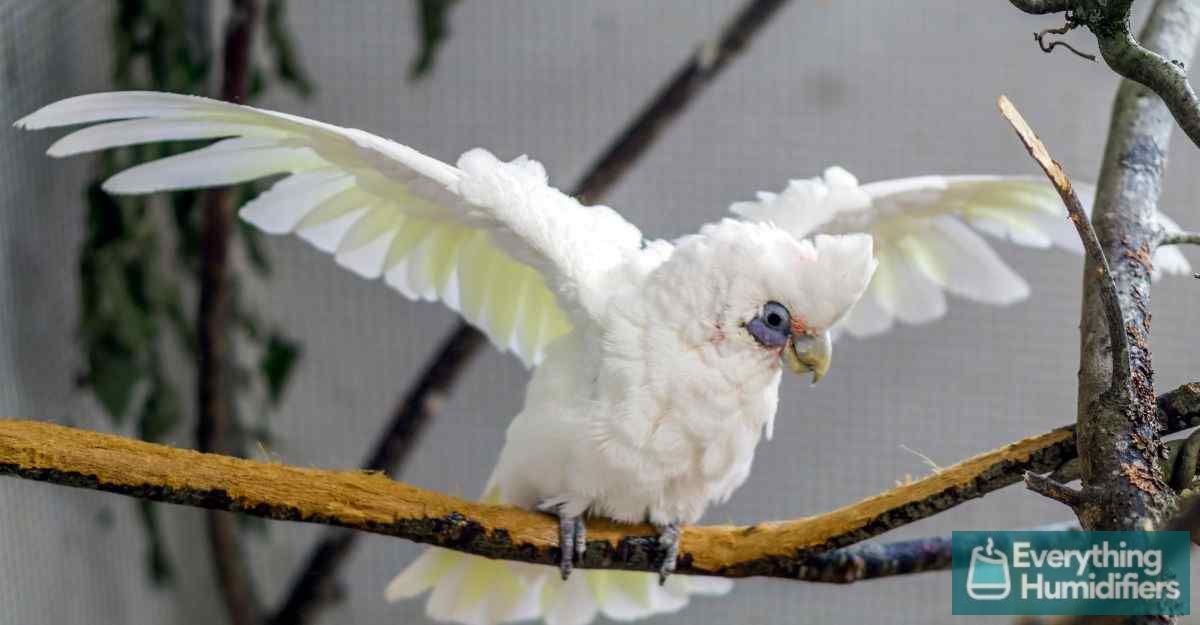
Natural Habitat Humidity
Although we have talked about using humidifiers for humidification, there is another thing to consider if you have an exotic tropical bird.
In the rainforest, humidity is created by the rain, so birds are also used to the rainfall to bathe themselves and keep cool.
Simulating rainfall at home requires some ‘thinking outside the box.’
Some birds will like one or all of these solutions, and some will be happy with the humidifier and not require anything else.
Depending on the variety of your bird, you could try the following:
- a shallow water dish for them to splash around in
- provide an automatic misting system
- take them into the shower
- spray them with a spray bottle from above
Opposing views on using humidifiers for birds
While there are many benefits to using a humidifier for birds, there are some opposing views. Here are a few ideas to consider:
Some bird owners feel they can adapt to their environments and survive in various conditions.
While this is true, birds kept as pets are more often subjected to artificial environments.
Heating in the winter and air conditioners in the summer, dry out the air. Making your bird more susceptible to respiratory issues. Humidifying the air will significantly reduce the risk.
The risks to birds of using a humidifier outweigh the benefits due to the potential for bacterial and mold growth.
While there is a bacterial and mold growth risk with humidifiers, this can be mitigated by using a high-quality, well-maintained humidifier and following proper cleaning procedures.
Additionally, the benefits of using a humidifier to promote respiratory health and prevent dry skin and feathers may outweigh the potential risks if used properly.
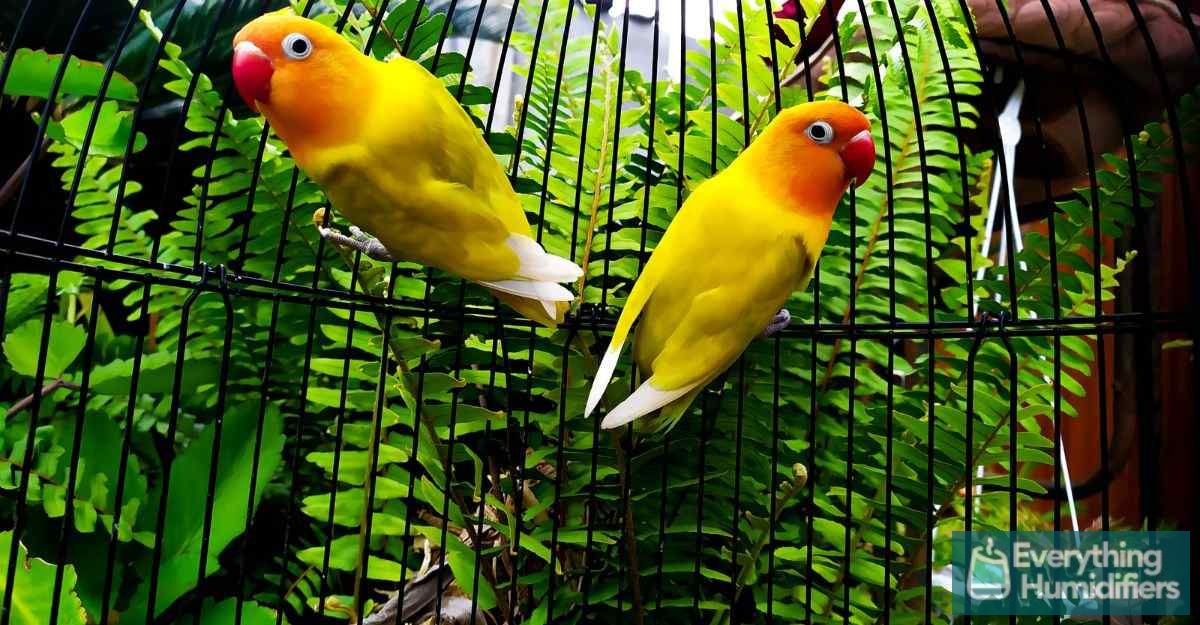
Humidifiers are unnecessary if the bird’s enclosure is already in a naturally humid environment, such as a bathroom or greenhouse.
Some environments may naturally provide adequate humidity levels.
Monitoring and maintaining these levels is essential to ensure they remain optimal for your bird’s health.
If you can find out the typical humidity cycles for your tropical bird in its original habitat, you will unlock the key to its best health.
Here are some FAQs about humidifiers for birds
Can using a humidifier help my bird with allergies?
Yes, a humidifier can help alleviate some allergy symptoms for birds, such as coughing and sneezing, by moistening the airways.
Can a humidifier reduce the risk of respiratory infections for my bird?
Yes, a humidifier can help reduce the risk of respiratory infections in birds by keeping the air moist and preventing dryness that can lead to respiratory issues.
Is it safe to use a warm mist humidifier for birds?
No, warm mist humidifiers are not recommended for birds as they can be dangerous due to the hot water and steam.
How often should I clean my humidifier for my bird?
Plan deep cleaning your humidifier at least once a week to prevent bacterial and mold growth.
What is the ideal humidity level for birds?
The ideal humidity level for birds is 40-60%, but it may vary depending on your bird species.
Can over-humidification harm my bird?
Over-humidification can harm your bird by creating a damp environment and promoting bacterial and mold growth.
How do I know if my bird needs a humidifier?
If your bird is experiencing respiratory issues, dry skin or feathers, or is molting, a humidifier may benefit its health and well-being.
Can using a humidifier help with my bird’s feather plucking?
While a humidifier may not directly address feather plucking, it can help improve your bird’s overall health, which may reduce the likelihood of feather plucking.
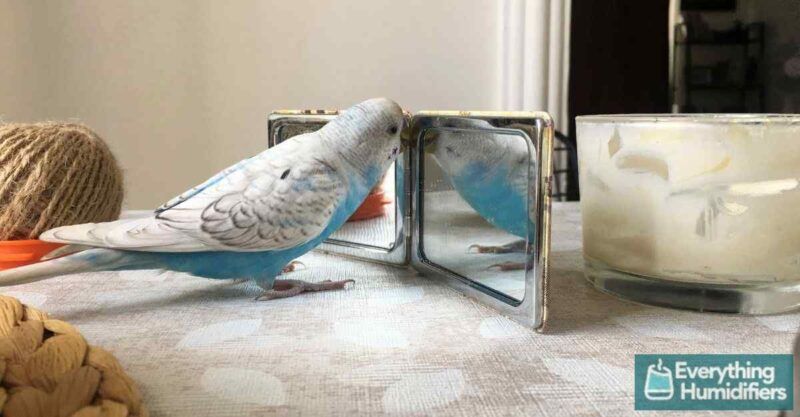
“It is not only fine feathers that make fine birds.”
— Aesop
The final verdict!
Are humidifiers safe for birds? Many bird species are native to humid environments, such as tropical rainforests. Providing adequate humidity to mimic their natural habitat provides a more comfortable and healthy living environment for them.
Overall, it’s essential to consider both the benefits and potential risks of using a bird humidifier for your bird and to take appropriate precautions to ensure their safety and well-being.
Following proper maintenance and cleaning procedures, using a high-quality humidifier, and monitoring humidity levels can help support your bird’s respiratory health, skin, and feathers.
An avian veterinarian would be a good person to have in your address book! Suppose there is not one near where you live, contact your local pet stores, other bird owners, or a veterinarian in your area. You may be able to get some recommendations for people experienced with bird care.
You can also find an avian veterinarian online via the following associations:
The American Board of Veterinary Practitioners (ABVP)
The Association of Avian Veterinarians
